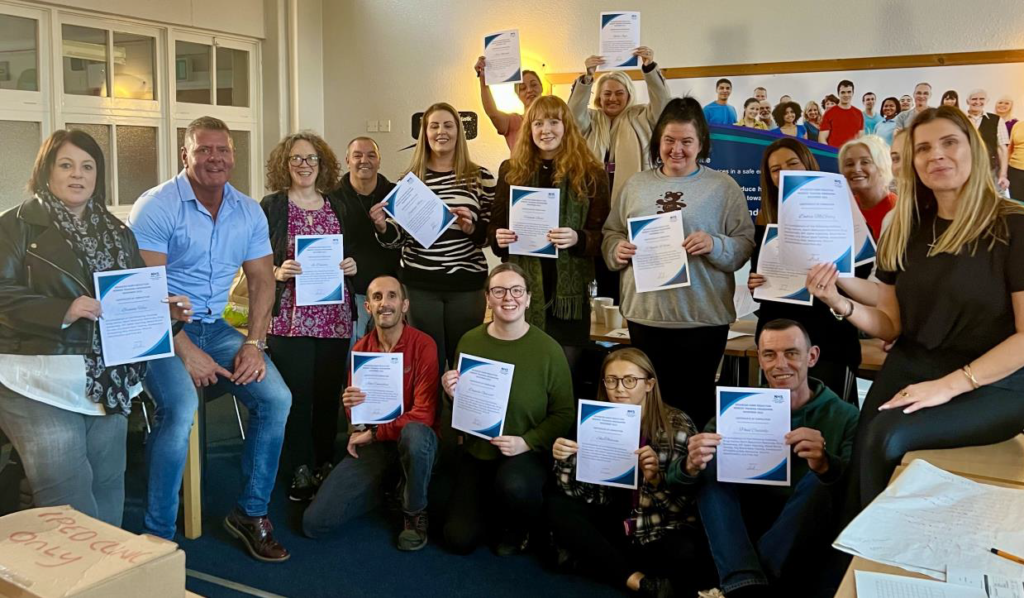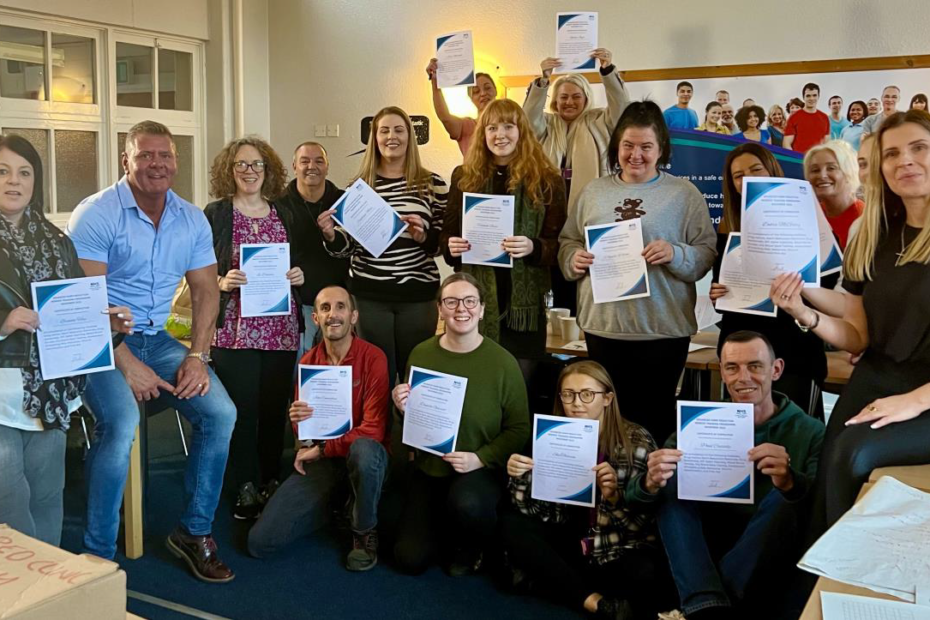
An additional 16 frontline staff have now been upskilled in the latest harm reduction techniques as part of NHSGGC’s response to the drugs crisis.
Among other harm reduction initiatives, staff from Simon Community, Turning Point Scotland and Waverley Care can now deliver the highly successful WAND initiative which incentivises the city’s most hard-to-reach communities to regularly engage with the health service.
Operating from centres in Glasgow City Centre, and soon to extend across a wider area, the programme focuses on providing a holistic approach to addressing drug harms such as overdoses, blood-borne viruses, and injecting-related complications. The initiative comprises:
– W: Wound Care
– A: Assessment of Injecting Risk
– N: Naloxone Provision
– D: Dry Blood Spot Testing
Since launching in September 2020 the programme has helped facilitate more than 8000 harm reduction interventions and has engaged with more than 1000 people so far.
As part of WAND training, staff members also learned how to use naloxone to reverse overdoses, how to identify and treat wounds and injuries and undertake dry blood spot testing which helps identify blood-borne viruses in patients.
The training was delivered as part of a partnership with the Scottish Drugs Forum and the Sandyford Sexual Health Service and means more patients will be able to benefit from the treatments.
Health Improvement Manager and Injection Equipment Provision (IEP) lead, John Campbell, spear-headed the new training programme. John said:
“To tackle the drugs crisis and health implications, you need a joined-up approach to help ensure we’re able to provide the right treatment, advice and support some of NHSGGC’s hardest-to-reach communities. The Advanced Harm Reduction Training aims to pool the skills, resources and expertise from a different range of specialists so that we can deliver the most effective integrated harm reduction approach to patients.
“I’m proud of all the staff from across our partner organisations who’ve been able to undertake and complete the training so far. The more people we have able to deliver harm reduction services the less damage is caused by drugs on the street.”
On completion of the training, participants will shadow more experienced staff back at their services before proceeding to deliver the key interventions themselves.
David Liddell, CEO of Scottish Drugs Forum, welcomed the partnership approach: “It is crucial that we reduce the harms associated with drug use. The role of frontline staff in identifying risk and empowering people to reduce harm and get any treatment and support they need is a key development. There is a need for this work across Scotland and this partnership with NHSGGC and the Sandyford has helped pioneer local work that will impact on the health and wellbeing of a group of people who are very marginalised within society and, sadly, too often, also within service provision. We are delighted to be involved in this important work.”
ENDS

